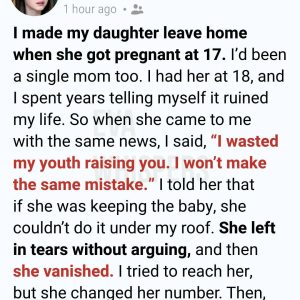Although it sounds alarming, it is usually a benign condition that commonly affects children, though it can also occur in adults, particularly those with weakened immune systems.
The infection presents as small, round, or pearl-shaped bumps, often skin-colored or slightly pink. These bumps are typically painless but can be itchy or irritating. In children, lesions typically appear on the face, trunk, legs, and arms, while in adults, they may develop in the genital area, abdomen, or inner thighs, especially if sexually transmitted.
Molluscum contagiosum spreads through direct skin contact with an infected person or by touching contaminated objects like towels or toys. It can also spread to other body areas by scratching the lesions, so it’s important to avoid touching them.
In most cases, molluscum resolves on its own without treatment, though it may take several months or longer. Treatment options include antiviral creams or topical medications. For persistent cases, a dermatologist may recommend cryotherapy (freezing), curettage (scraping), or laser treatment.
Preventing the spread involves maintaining good hygiene, not sharing personal items, and covering the lesions, especially in children, to prevent contact with others.





